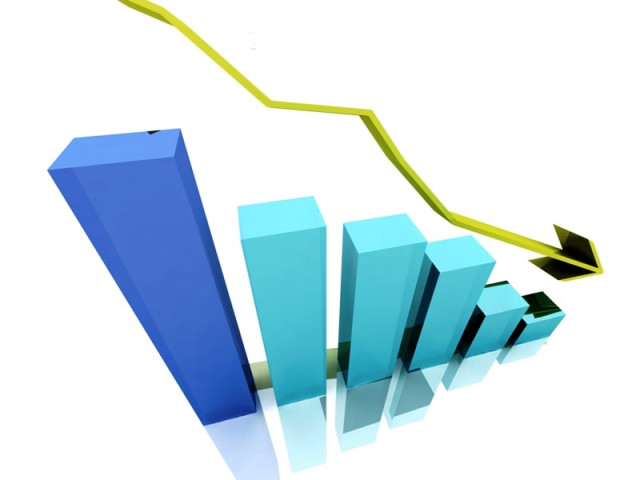IPPs face stock plunge as govt plans to revoke PPAs
Share prices plummet up to 26% as govt seeks to reduce soaring energy costs

The share prices of independent power producers (IPPs) in Pakistan have fallen significantlyranging from 13% to 26% in under three weeksas their net earnings and capacity to pay dividends are expected to be slashed. This comes in the wake of the government's move to prematurely terminate their power purchase agreements (PPAs) in an effort to reduce the country's soaring energy costs.
In a commentary titled 'Pakistan IPPs - IPPs Agreement Revision/Termination, Payouts to be Impacted', Topline Research reported, "Amid fears of return revision and premature termination, the share price of The Hub Power Company (HUBC) has dropped 23% over the last 13 sessions since September 18, 2024." Other IPPs, including Lalpir Power Limited (LPL), Nishat Chunian Power (NCPL), and Nishat Power (NPL), have also experienced significant share price drops of 26%, 13%, and 17%, respectively, in the same period.
The government is planning to enter into agreements with five power producers for the premature termination of their PPAs. This includes two listed companiesHub Power (HUBC) and Lalpir Power Limited (LPL)as well as one indirectly listed company, Roush Power (via Altern Energy), and two unlisted firms, Saba Power and Atlas Power.
The primary aim of these early terminations is to avoid future capacity payments to these producers, a move expected to reduce power costs in the country. The government estimates this step could result in savings of Rs0.6 per kWh.
The base power plant of Hub Power, one of the affected producers, contributed Rs19 per share, or 32%, to the company's total earnings per share (EPS) in FY24. "With this termination, we believe the earnings for the remaining PPA periodFY25, FY26, and nine months of FY27will be absent for the base plant. Assuming 100% recovery of these cashflows (in the best-case scenario), the present value of these cashflows would be Rs35-37 per share," said Topline Research.
HUBC's share price has already fallen by Rs34, dropping from Rs146 on September 19, 2024, to Rs112 on October 8, 2024. Since its recent peak of Rs166.69 on July 3, 2024, HUBC's share price has decreased by 29%, or Rs46 per share (adjusted for an Rs8.5 dividend).
The settlement of ongoing developmentsthe difference between payable and receivable amountscould result in HUBC's earnings falling from the current Rs54 per share to Rs35-40 per share. The company's dividend payout is also expected to decrease from Rs20 per share in FY24 to Rs10-12 per share, before gradually increasing to Rs18-20 per share from FY26 onward, thanks to contributions from Thar Energy and Thal Nova projects. Additionally, the retirement of Rs30-40 billion in debt could boost HUBC's earnings by Rs5-6 per share, with a similar increase in payouts when the debt is retired.
The government is also considering other steps to further reduce energy costs. These include converting imported coal power plants to local coal, extending the debt repayment timeline for CPEC-related IPPs from the current 10 years to 15 years, and reducing the equity return component of IPPs operating under the 2002 policy. Other potential moves include renegotiating wind power plant agreements and shifting government-owned power plants from take-or-pay agreements to take-and-pay models.
In addition to terminating PPAs with the five IPPs, there are reports that the government may convert agreements with 18 other IPPs, which have a combined capacity of 4,267 MW, from take-or-pay agreements to take-and-pay agreements. Among these 18 IPPs are listed companies such as Pakgen Power (PKGP), Kohinoor Energy (KOHE), Engro Powergen Qadirpur (EPQL), Nishat Chunian Power (NCPL), and Nishat Power (NPL). Two private subsidiaries of HUBCLaraib Energy and Narowal Energyare also reportedly included in this group.


















COMMENTS
Comments are moderated and generally will be posted if they are on-topic and not abusive.
For more information, please see our Comments FAQ